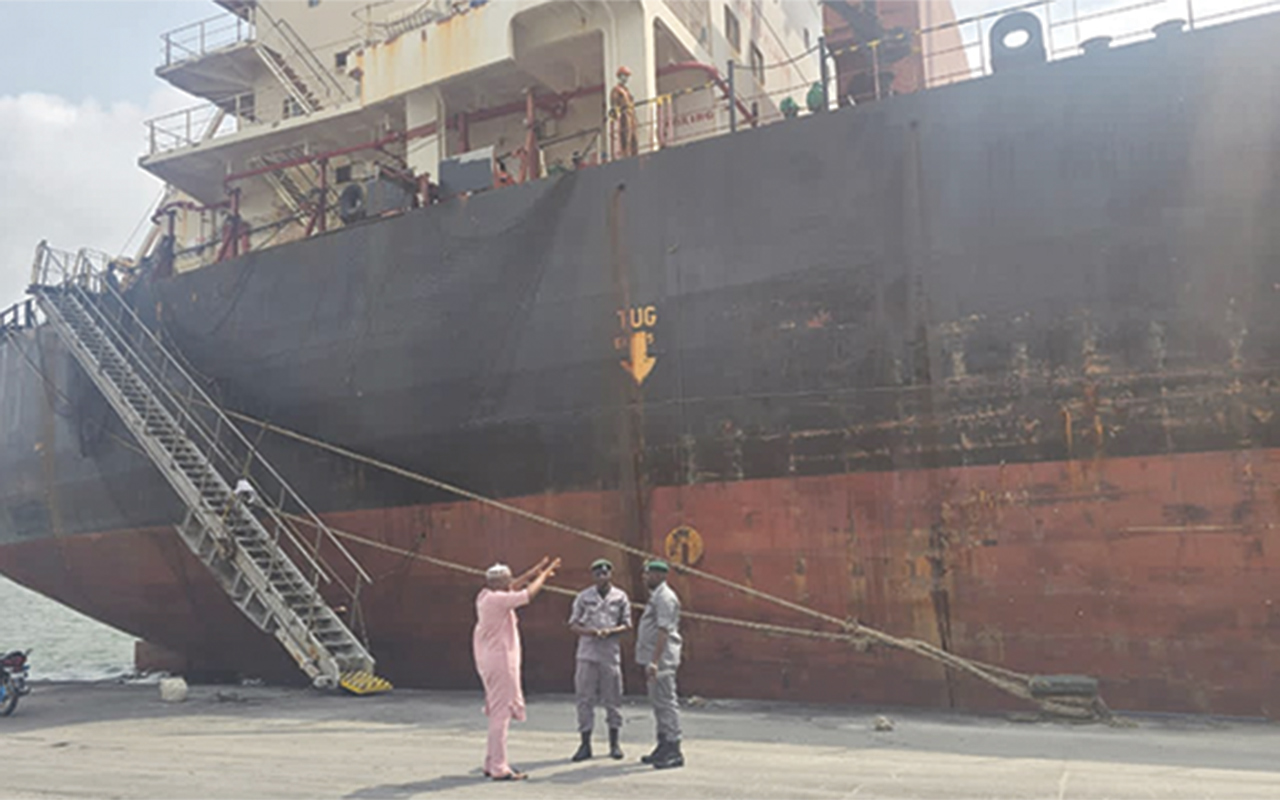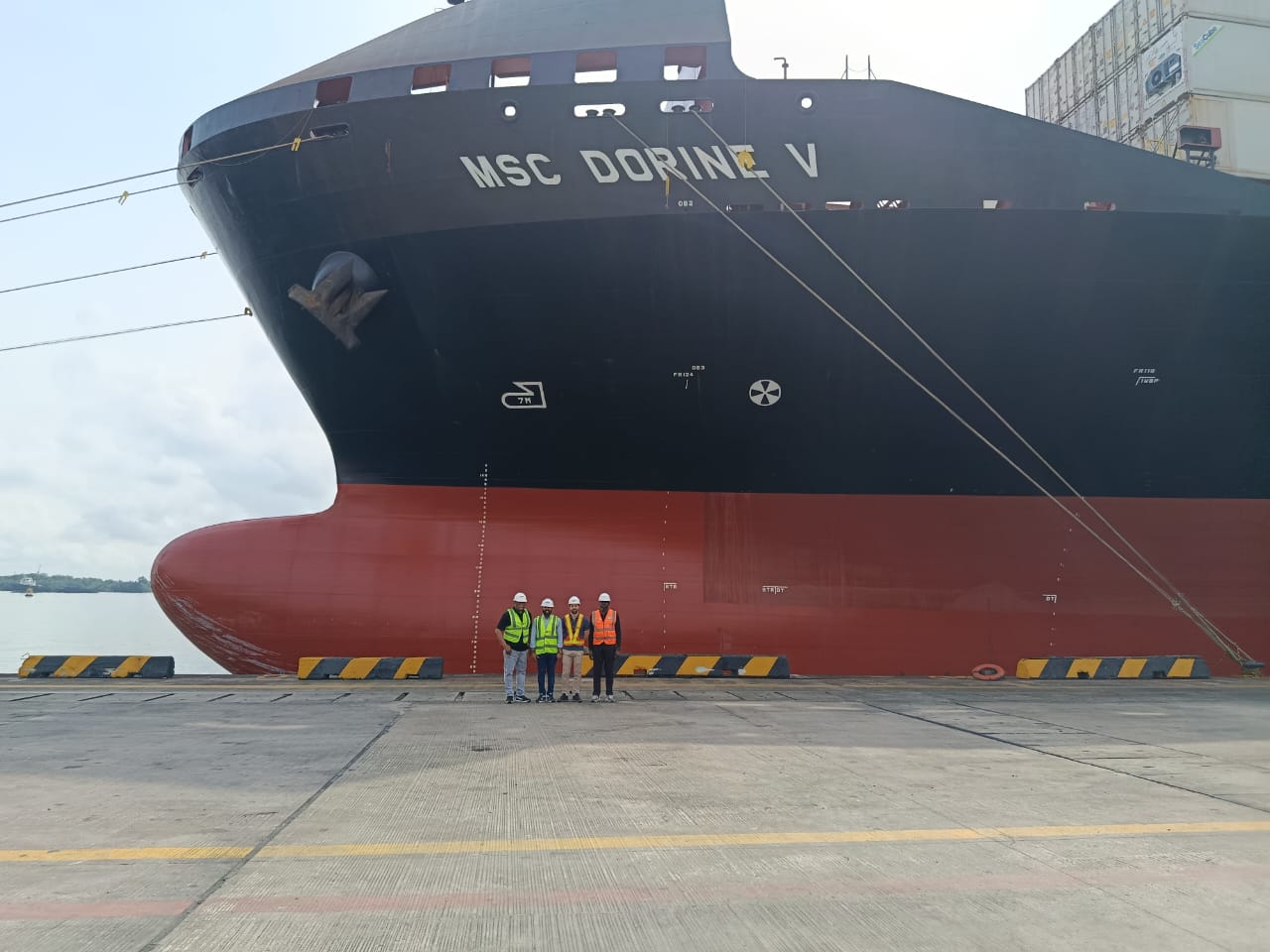The Centre for the Promotion of Private Enterprise (CPPE) has called for the enactment of an investor and employer protection law to protect investors and employers from arbitrary regulatory and labour actions.
The centre in a policy brief with the theme, ‘Protecting Investors and Employers: A National Policy Imperative’, said that while significant legal safeguards exist for workers and employees, there is no comprehensive framework that protects the interests of investors and employers.
It noted that this imbalance undermines investor confidence and leaves those who create jobs vulnerable to disruptions, particularly from industrial actions by labour unions.
The document signed by the Chief Executive Officer of CPPE, Dr Muda Yusuf, said the real sector is especially exposed, given its large workforce, high fixed costs and significant sunk investments.
“There are worries as well about the seemingly unlimited powers of regulatory institutions,” it noted, adding that a robust policy response that creates a fair, predictable and secure investment climate, protects those who create jobs and ensures that industrial relations are governed by law, due process, and mutual respect, is imperative.
It said investors in Nigeria operate in an environment marked by uncertainty and institutional weakness, chief among which it listed as weak legal protection, unrestrained union actions, regulatory unpredictability, bureaucratic bottlenecks and weak dispute resolution.
“These factors erode Nigeria’s competitiveness, deter both local and foreign investment, and slow economic growth and job creation,” it noted.
It said that investor vulnerability carries serious macroeconomic and social consequences.
According to CPPE, “When investors lose confidence, capital flight intensifies, foreign direct investment declines, and domestic enterprises contract their operations.
The resulting chain reaction includes job losses, declining tax revenues and reduced economic growth. Unrestrained strikes in strategic sectors such as energy, transport, and health disrupt production, threaten national security, and endanger public welfare.”
It said that policy inconsistency and regulatory arbitrariness make long-term planning difficult, deepening Nigeria’s dependence on imports and weakening its industrial base.
“Without corrective reforms, these trends will continue to erode national competitiveness, discourage innovation, and diminish Nigeria’s economic resilience,” it noted. It said the goal of a new Investor and Employer Protection Framework should be to establish a fair, balanced, and predictable environment for business.
“Specifically, the new framework will protect investors and employers from arbitrary actions by regulators, labour unions, and government agencies, rebalance industrial relations to ensure fairness and due process for all parties.”






